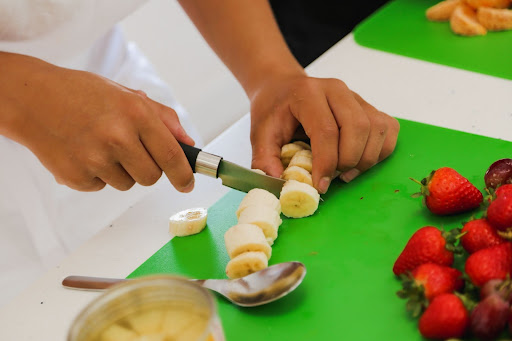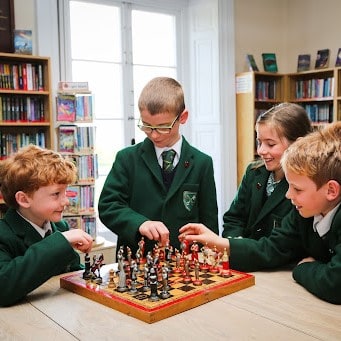We are all aware of the advantages of being outside and participating in outdoor activities; enjoying time outside is commonly recognised as being beneficial for your mental and physical health. But what about those days when the weather doesn’t permit it?
Indoor play is essential when winter rolls in and spreads its chill. But time spend in indoor plays areas can be beneficial in its own right.

The Importance of Indoor Play in Early Childhood
When it comes to youngsters playing outside, unpredictably bad weather might throw a spanner in the plans. It may not be safe, or it may simply be unpleasant.
When the weather is bad outside, an indoor play area is a great alternative as it still provides an opportunity to keep kids active and entertained.
1. Indoor Play Enhances Creativity
When kids relate and engage with other children, they are exposed to events and difficulties that help them develop their creativity. Children are more expressive with one another, which makes it easier for them to learn and develop.
Children can explore and develop their creativity in a secure and safe atmosphere when they have access to an indoor play area. Interacting with others aids language development while also providing a safe environment for them to exchange ideas, express their feelings, and form friendships.
2. Indoor Play Promotes Social Skills
Children learn how to socialise and begin to comprehend specific social behaviours through play, and an indoor play area provides a safe environment for them to try out new things.
Indoor games and play areas allow them to comfortably interact with their peers, developing notions of sharing, teamwork and communication.
3. Indoor Play Can Help Physical Development
In this age of gadgets, it is easier than ever for kids to stay indoors and play games or participate in activities that do not demand physical exertion. Indoor play can still involve a range of physical elements, especially as it will often encourage children to be more creative about how they move and what kind of games they can play.
Exercising has numerous advantages, for both adults and kids. Children who participate in physical activity on a regular basis are healthier both mentally and physically. As a result, they’re more likely to take on challenges, which is an ideal attitude for indoor soft play especially!
4. Indoor Play Contributes to Motor Development
The interaction youngsters have within a soft play space supports both gross and fine motor development. In an indoor play area, children can step, crawl, climb, and leap without fear of injury, which means they are more inclined to try to move their bodies and perfect techniques like jumping or rolling.
Dedicated indoor play areas also provide a safe environment for youngsters to practise fine motor skills like balancing while also providing open space and lighting. For children learning movement skills, this provides a pleasant sensory experience.
For indoor play at home or in the classroom, there are so many opportunities for different activities that allow for the development of the same skills. Playing with lego or blocks, painting and colouring or even preparing snacks and getting creative with cooking allows children to engage their fine motor skills and coordination.

At our independent school in Devon, we recognise that play is a vital element of children’s lives, not only for emotional, physical and education growth but also for plain fun!
Think St Peter’s might be the right fit for you and your child? Why not visit us on our next open day?











